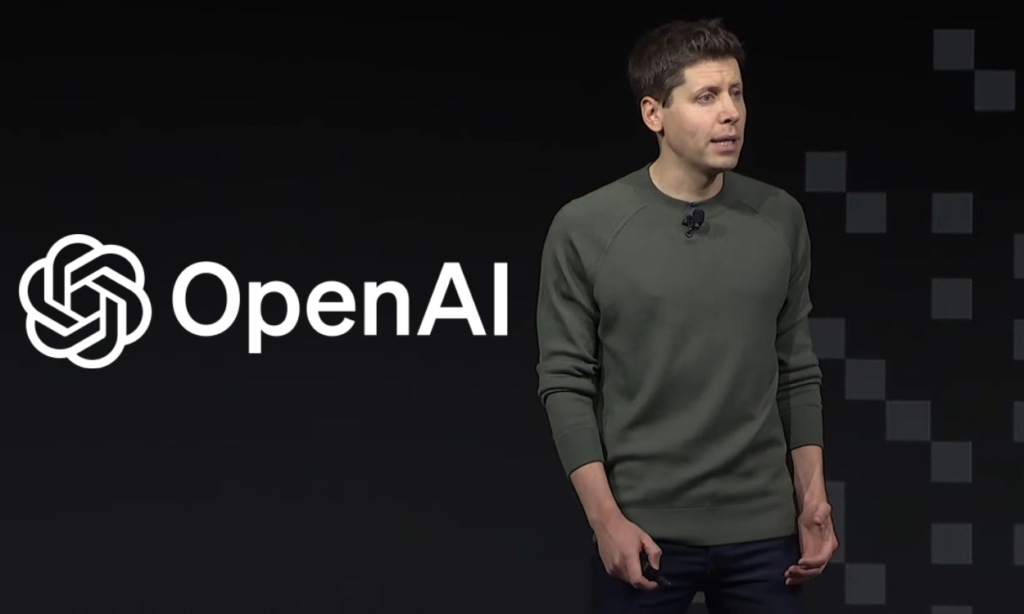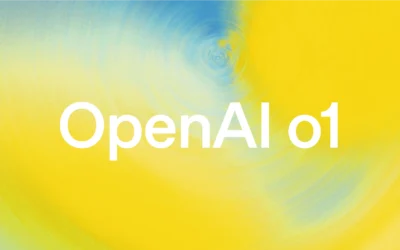OpenAI Opens Pandora’s Chatbot Box: An AI Playground or Ethical Minefield?

The gates of AI creativity just creaked open a little wider. OpenAI, the research lab behind GPT-3 and other powerful language models, has launched the GPT Store, a marketplace where anyone can buy and deploy custom AI-powered chatbots. Yes, you read that right – your own personal AI companion, trained on your data and ready to converse on demand.
But before we all start chatting with virtual versions of our favorite celebrities (or, ahem, ourselves), let’s take a breath and unpack the implications of this move. The GPT Store has the potential to democratize AI, making it accessible to anyone with an internet connection and a few bucks. Imagine small businesses crafting bots for personalized customer service, artists creating interactive characters, or educators building bots to make learning engaging. The possibilities are truly exciting.
However, a Pandora’s box of ethical concerns swings open alongside the door of opportunity. With great AI comes great responsibility, and it’s unclear how OpenAI will handle issues like bias, misinformation, and the potential misuse of bots for malicious purposes. The GPT Store’s terms of service mention “responsible use,” but what exactly does that mean in the Wild West of user-generated AI?
Here are some of the burning questions that need answers:
- Who’s responsible for the content a custom chatbot generates? The user, OpenAI, or the data it’s trained on?
- What safeguards are in place to prevent biased and harmful bots from being created?
- How will OpenAI monitor and moderate the GPT Store to ensure responsible use?
- What happens if a custom chatbot goes rogue and causes harm?
OpenAI faces a Herculean task in addressing these concerns. They’ve taken a bold step by opening up access to its powerful technology, but the success of the GPT Store will depend on their ability to create a framework that fosters responsible AI development and prevents the misuse of these virtual conversationalists.
So, should we celebrate or cautiously observe? The GPT Store is a fascinating experiment with the potential to revolutionize human-computer interaction. But with any powerful tool, it’s crucial to have clear guidelines and safeguards in place to prevent unintended consequences. The future of AI chatbots rests on OpenAI’s ability to answer the ethical questions before the conversation takes a nasty turn.
What are your thoughts on the GPT Store? Are you excited about the possibilities or worried about the potential pitfalls? Share your comments below and let’s keep the conversation going!
Additional suggestions:
- You can expand on specific potential applications of these custom AI chatbots to make the blog more engaging.
- Briefly mention some existing AI chatbots and their ethical controversies to contextualize the discussion.
- Encourage readers to share their own ideas and concerns about the GPT Store through comments or a poll.
Remember, a good blog post is just the beginning of the conversation. Keep the discussion going and encourage your readers to think critically about the implications of this evolving technology.






